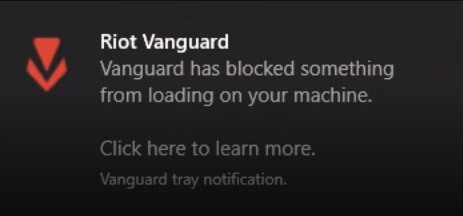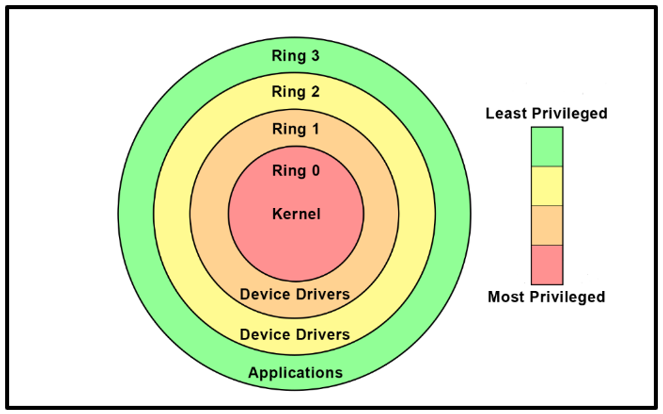
Early on last year, the Vanguard anti-cheat software was added to League of Legends to try and curb cheaters. Vanguard was originally introduced on Riot's other game, Valorant.
Vanguard is essentially a rootkit masked as anti-cheat, as it runs as a ring 0 kernel driver, having full access to every single facet of your computer.

So, did it work? Did it curb the cheaters on Valorant and League of Legends?
Well, it helped... but not entirely. Valorant still has a cheating problem, and so does League. Showing that such invasive measures are not the answer.
But what pisses me off the most, is the fact that not only do these solutions not work entirely, they also leave out a increasingly big subset of gamers who'd rather either play on Linux or run a Steam Deck or any of the future SteamOS devices that are about to come out this year.
Sure, if you're coming from Windows this does not apply to you - but I'd still recommend against playing such titles. Ring 0 is the lowest level of your kernel, and if any of these solutions ever become compromised, well, you're not gonna have a good time.

So what's the solution?
Make better server side anti-cheats and monitor your games better!
Lots of anti-cheat solutions work on Linux through userspace and by having good server side solutions, such as BattleEye, EasyAntiCheat, Valve's VAC and more.
If you can't guarantee that your game servers themselves aren't secure, adding invasive software to a user's computer that has risks and performance impacts isn't the solution.
Obviously, as a Linux user, all games I play are using this method of anti-cheat detection and what's my experience? Pretty cheater free.
Unfortunately it's hard to convince companies to go this route, they'll see the shiny aggressive solutions and think that's the answer, but it totally isn't.
I can agree with adding better anti-cheat to games, such as GTA's addition of BattleEye (which they still kicked out Linux users for no reason), but implementing something that's so extreme such as Vanguard or Ricochet (CoD's anti-cheat) is just not how things should be done and are the devs or publishers just admitting defeat.
Then there are weird cases, like I just said with GTA V where they're using an anti-cheat supported on Linux but still decided to kick out Linux gamers or the even stranger case of Infinity Nikki, where they allow for Steam Deck users to play through a hardware check but not desktop Linux users.
The Future of Anti-Cheats
I'm still optimistic though.
There are two main factors in my optimism:
The growth of Linux and Windows security.
As some of you may have seen last year, a critical error in Crowdstrike, a security software for Windows that runs in ring 0, lead to many many blue screens of death around the world, disturbing international commerce, airports, restaurants, etc.
If Microsoft wants for that to never happen again, they'll have to disallow Ring 0 software.
Microsoft is sort of "neutral" when it comes to ring 0 anti-cheats, as their latest Call of Duty runs with one, but their latest Halo games and Forza don't, making them perfectly playable on Linux online.
And talking about Linux, the more and more that this OS grows, the more incentive companies will have to make their software available for the penguin too.
It's unclear what could entice them beyond sheer market growth, but perhaps some kernel level solutions (as Linux is a kernel after all) that don't require giving full access to software might work, I say this because this is exactly how MacOS does it, and League of Legends is fully playable there.
For now though, I'll just avoid any games that run with such anti-cheat. Not because I'm a Linux user, as I could just dualboot - but because they go against my notions of security and ethics.
I'd rather just play games from devs that actually care about their communities and don't just put flex tape over their issues.
Thanks for reading this short rant.

